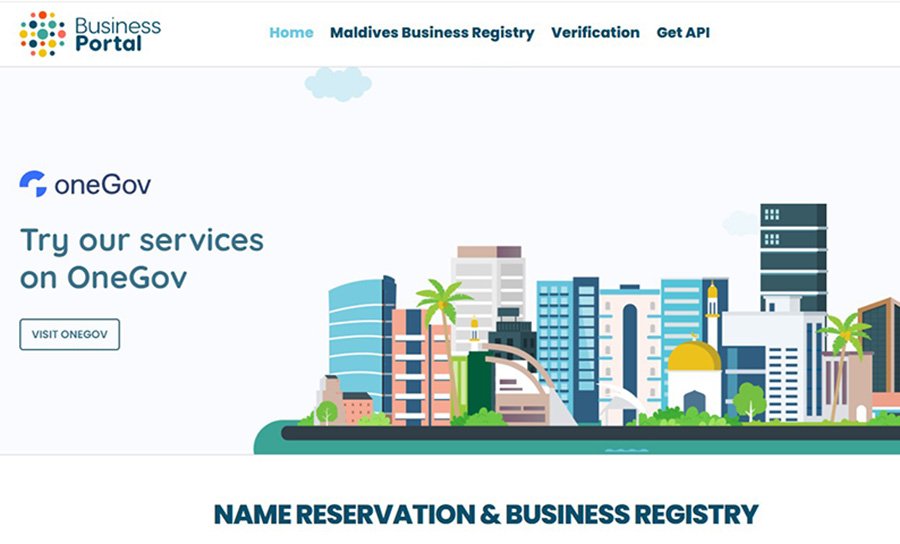Maldives Residence by Investment: Real Estate, Business, and Bank Deposits

The Government of the Maldives has officially launched the country’s first residence-by-investment (RBI) program. The partnership agreement with Henley & Partners was signed on July 1, 2025, as part of the national Vision 2040 strategy. Since July 22, foreign nationals have been able to apply for residence permits through four categories of investment, including premium real estate.
The program is implemented under an agreement between the government and Henley & Partners, a global consultancy specializing in residence and citizenship by investment. Vision 2040 highlights the need to reduce dependence on tourism and diversify the economy into new areas.
Organizers emphasize the program’s transparency, including a strict due diligence process to ensure that only reputable investors with verified sources of funds are admitted. Henley & Partners also supports the development of regulatory frameworks and compliance procedures. All applications undergo multi-level vetting, with final approval resting with Maldivian authorities.
According to TerraTern, residency is available to foreign investors over the age of 18, including entrepreneurs, shareholders, and their family members. Applications may include spouses, children, parents, grandparents, and grandchildren.
Types of Investment:
Premium Real Estate: $250,000 to $5 million in government-approved projects, under long-term lease agreements up to 99 years.
Bank Deposit: Minimum $250,000 placed in a local bank for 5 years.
Corporate Investments: Minimum $250,000 in approved business projects, with proof of income and turnover.
Special Economic Zones (SEZs): From $100 million, with tax holidays and incentives of up to 8 years.
Application Procedure
Applicants must first prepare documents including a valid passport, photos, proof of funds, health insurance, and a police clearance certificate. Registration is processed through business.egov.mv. After preliminary approval, investments are made, followed by a joint government and Henley & Partners compliance review. Processing takes two to four weeks.
The Maldives residence permit is issued for five years, renewable. Residency is not required. Benefits include exemption from personal income tax, property tax, and inheritance tax. Investors gain the right to purchase luxury real estate, import vehicles and yachts duty-free for personal use, and hire foreign staff. Some applications may receive expedited processing.
Restrictions
Most foreigners cannot acquire Maldivian citizenship, as the Constitution only allows naturalization of Muslims after ten years of residence.
Property may only be held on long-term leases, except in SEZs.
Since April 2025, Israeli passport holders are excluded from the program.
Business investments must employ at least 50% Maldivian citizens, with a minimum annual turnover of $100,000.
Residency can be revoked for non-compliance or irregularities in capital origin.
Henley & Partners Managing Partner Philipp Amarante highlighted that the program focuses on residential and hospitality projects, tailored to investor needs for safety and stability. Maldives Minister of Economic Development and Trade Mohamed Saeed noted that the initiative aims to strengthen tourism and attract long-term capital, supporting growth and economic diversification.
The Maldives economy, with a population of about 530,000, remains one of the most vulnerable in the Indian Ocean, heavily reliant on tourism and fishing. Public debt stands at 134% of GDP, creating serious risks. In 2024, GDP grew by 4.2%, but fiscal deficits and debt levels remained high. In Q1 2025, the economy grew just 2.5% according to the Monetary Authority of Maldives. The IMF forecasts ~5% growth in 2025, but warns of persistent debt vulnerabilities and external dependence.
India recently extended a $565 million credit line and eased debt terms, intensifying competition with China for influence in the Maldives. Meanwhile, the government is launching large-scale initiatives to attract capital. In July 2025, plans were revealed for an $8.8 billion financial and tech hub, featuring blockchain platforms and business centers, as part of Vision 2040.








